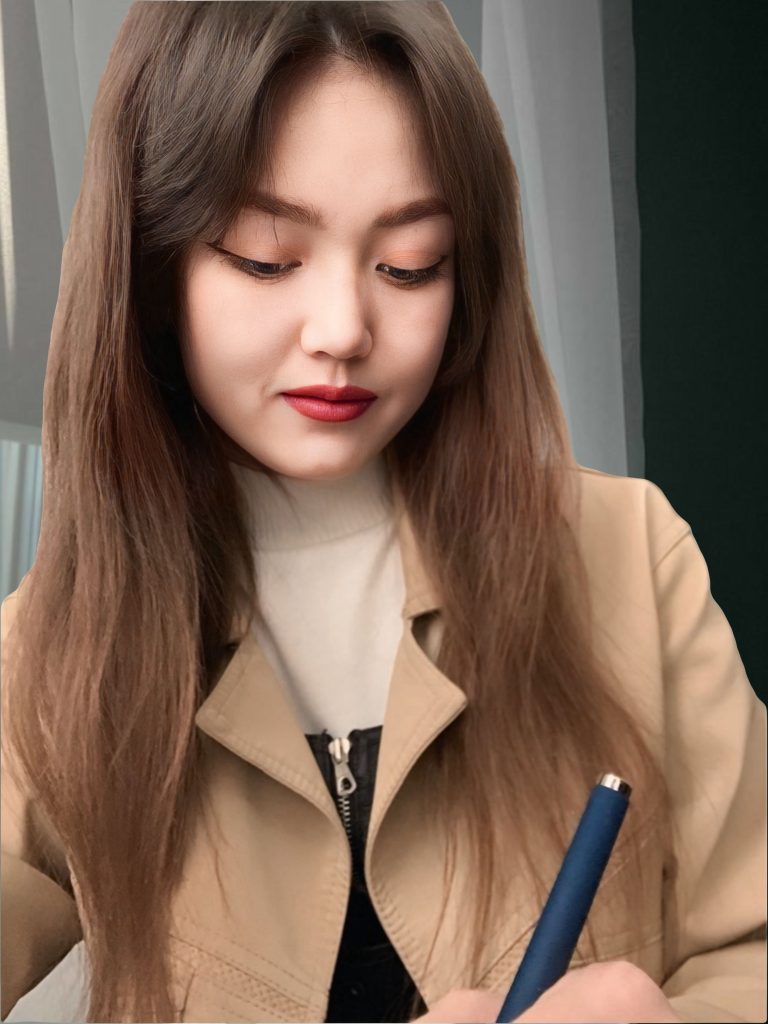
PSYCHOLOGICAL APPROACHES IN CHILDREN’S EDUCATION
Scientific article
Author: Aytuvova Xurshida
Emile: ( aytuvovaxurshida@gmail.com) Annotation This article analyzes the importance of psychological approaches in children’s education, their types and impact on the educational process. Through humanistic, cognitive and socio-educational approaches, the child’s development as a person, learning motivation, emotional state and individual approaches are considered as important factors. This article provides practical recommendations for teachers, psychologists and specialists in the field of education. Keywords child psychology, educational process, humanistic approach, motivation, emotional development, cognitive development, individual approach, pedagogical psychology Introduction In the modern educational process, an approach taking into account the psychological state of the child has become an integral part of pedagogical activity. In contrast to traditional approaches, today there is an increasing need to take into account individual, personal and socio-emotional factors in the educational process. The development of a child as a person, his success in the educational process, social adaptation and self-confidence are largely closely related to psychological factors.
Main part
1. Types of psychological approaches There are several main approaches in pedagogical psychology:
Humanistic approach: This approach puts the child at the center. Famous psychologists A. Maslow and K. Rogers emphasize the importance of giving the child trust, respect, and freedom for personal growth in their humanistic theories. – Cognitive approach: This method is aimed at developing children’s mental processes such as thinking, memory, and attention. J. Piaget’s theory of intellectual development is an example of this. – Socio-educational approach: This theory, put forward by A. Bandura, shows that children can learn by observing the behavior of others. This indicates the need for education through a positive example from teachers and parents.
2. Taking into account the psychological characteristics of the child The psychological development of a child varies at each age. Children aged 6–10 are more prone to figurative thinking and prefer to learn based on real situations. Also, self-assessment, socialization, and motivational factors are of great importance during this period.
3. 3. The influence of motivation and emotional state Motivation is one of the main factors that shape a child’s internal desire to learn. In an educational environment with a favorable psychological climate, children develop more actively, freely express their thoughts, and are creative. A kind, patient, and understanding teacher increases a child’s interest in learning. 4. Individual approach and differentiated education Each child has his or her own psychological and mental potential. A differentiated approach, that is, an approach based on the level of abilities of each student, increases the quality of education. In this process, diagnostic methods (psychological tests, interviews, observations) are used.
Conclusion
The effective use of psychological approaches in education not only increases children’s academic achievement, but also helps them develop personally, gain self-confidence, and find their place in society. A teacher should not only be a provider of knowledge, but also an understanding and guide for the child. Therefore, special attention should be paid to the cooperation of a teacher and a psychologist in the modern education system.
Aytuvova Khurshida was born on June 5, 2002 in Saykhunabad district of Syrdarya region. She graduated from the Faculty of Philology of Gulistan State University, Russian language department. Official delegate of several forums, member of international organizations. Member of the International Writers’ Association “Juntos por las Letras” of Argentina. Her creative works have been published in international newspapers and magazines. Author of her personal book “Stories in Silence” and the international anthology “Miracles of Creativity”. Her stories have also been published in the republican anthology “Mouths of Creativity” and in the republican magazine “Ijodkorlar”

Pingback: Synchronized Chaos First July Issue: Hold This World Loosely | SYNCHRONIZED CHAOS